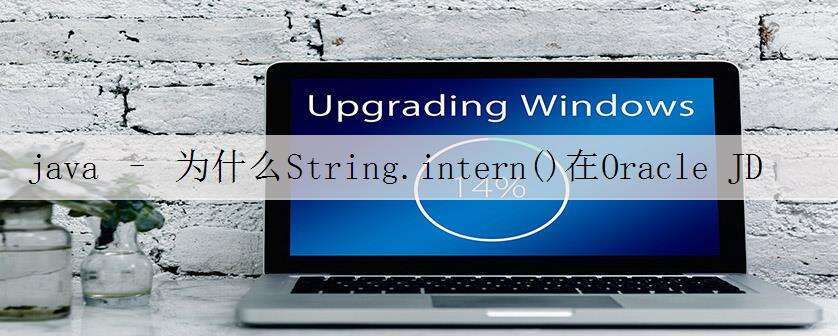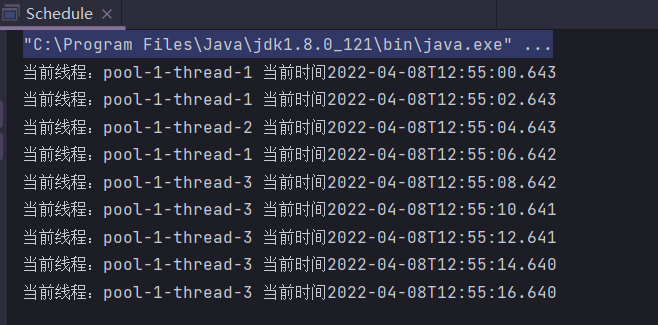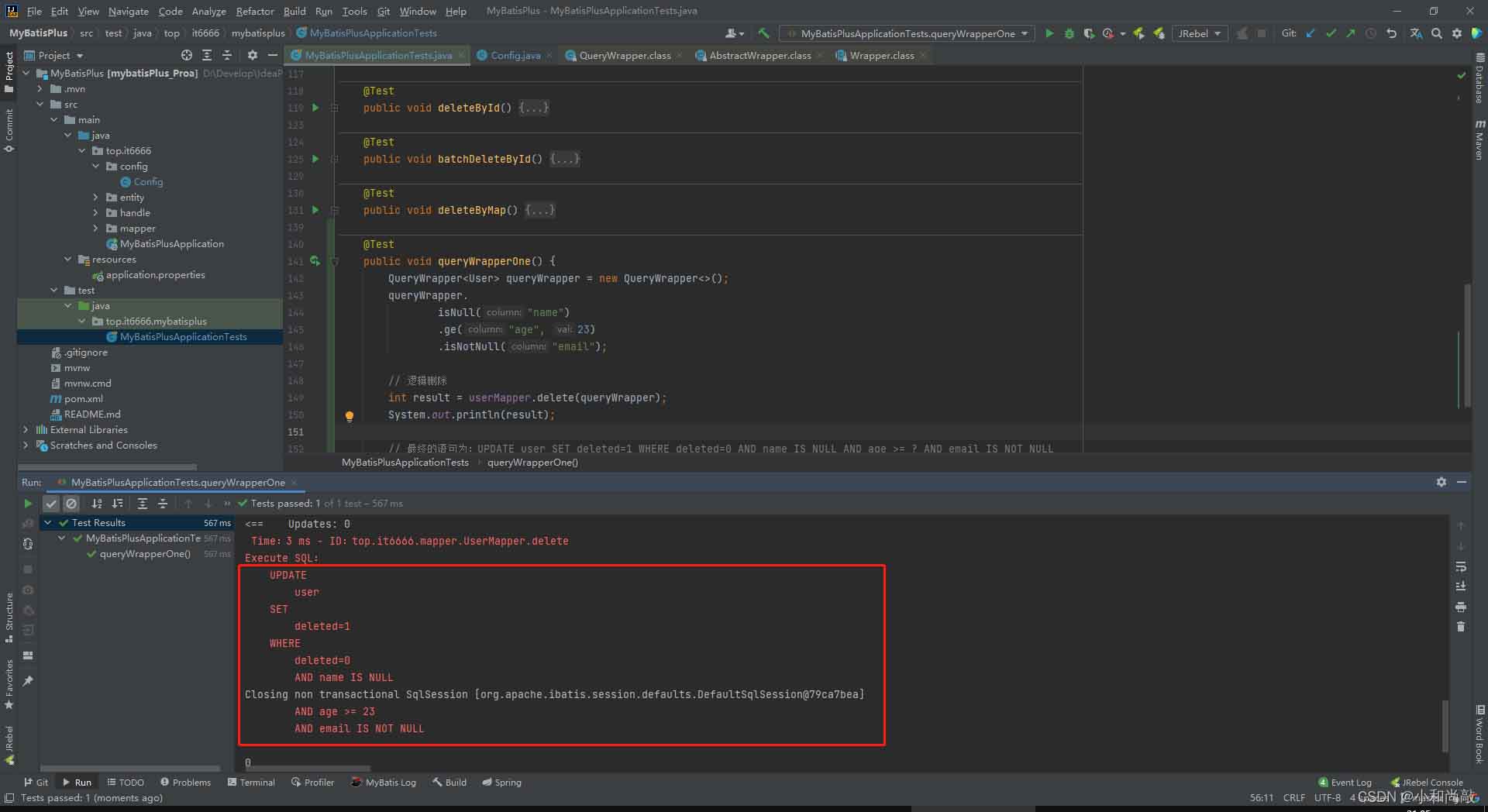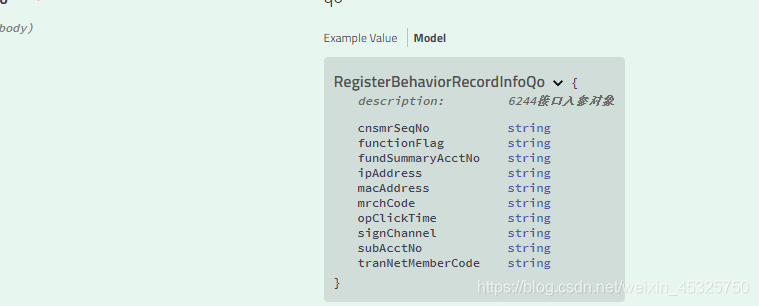这是一个java片段:public class TestIntern {public static void main(String[] argvs){String s1 = new StringBuilder(ja).append(va).toString();String s2 = new StringBuilder(go).append(lang).toStri...

这是一个java片段:
public class TestIntern {
public static void main(String[] argvs){
String s1 = new StringBuilder("ja").append("va").toString();
String s2 = new StringBuilder("go").append("lang").toString();
System.out.println(s1 == s1.intern());
System.out.println(s2 == s2.intern());
}
}
并且它根据不同的JDK表现不同
在Oracle JDK 1.7输出中是:
false
true
在OpenJDK 1.6输出中也是:
false
true
但在Oracle JDK 1.6输出中是:
false
false
正如此String #intern方法的JavaDoc所示
* When the intern method is invoked, if the pool already contains a
* string equal to this <code>String</code> object as determined by
* the {@link #equals(Object)} method, then the string from the pool is
* returned. Otherwise, this <code>String</code> object is added to the
* pool and a reference to this <code>String</code> object is returned.
~~~~
And what does *this* here mean? the string object
in the heap or in the string pool? if it returns
object in the heap the out put should be:
true
true
otherwise should *always* be:
false
false
Am I right?
输出:
true
true
应该是预期的,但三个JDK都没有产生这个.以及为什么Oracle JDK1.6给出:
false
false
结果是?
我认为在OracleJDK 1.7和openJDK 1.6中,字符串池中必须有一些保留字符串,它们是什么?是否有文件指定所有保留的字符串?
真的很困惑.
解决方法:
s1.intern()是否返回s1或其他一些String对象取决于它在实习字符串池中找到的内容.如果池中已经存在其他一些String对象,则intern()将返回该另一个对象;否则它会将s1引用的String对象放入池中并返回该对象.
问题不在于不同的Java版本表现不同,而是在运行测试时,池碰巧包含不同的内容.我发现Oracle JDK 1.7和openJDK 1.6中的池恰好已经包含字符串“java”而不是字符串“golang”,这一点并不特别令人惊讶.
本文标题为:java – 为什么String.intern()在Oracle JDK 1.7中的行为有所不同?


- Java聊天室之实现一个服务器与多个客户端通信 2023-06-23
- 线上Spring CPU 高负载解决思路详解 2023-05-14
- MyBatis多对多关联映射创建示例 2022-12-07
- 使用Java实现先查询缓存再查询数据库 2023-03-21
- Spring AOP结合注解实现接口层操作日志记录 2023-04-17
- 详解Thymeleaf的三种循环遍历方式 2023-02-10
- Android通过蓝牙发送数据到Windows PC电脑:Java实现 2023-09-01
- JAVA对象中使用 static 和 String 基础探究 2023-06-01
- Java 策略模式 if-else用法实例详解 2023-02-19
- 深入理解Java虚拟机——垃圾收集器与内存分配策略(读书笔记) 2023-09-01









